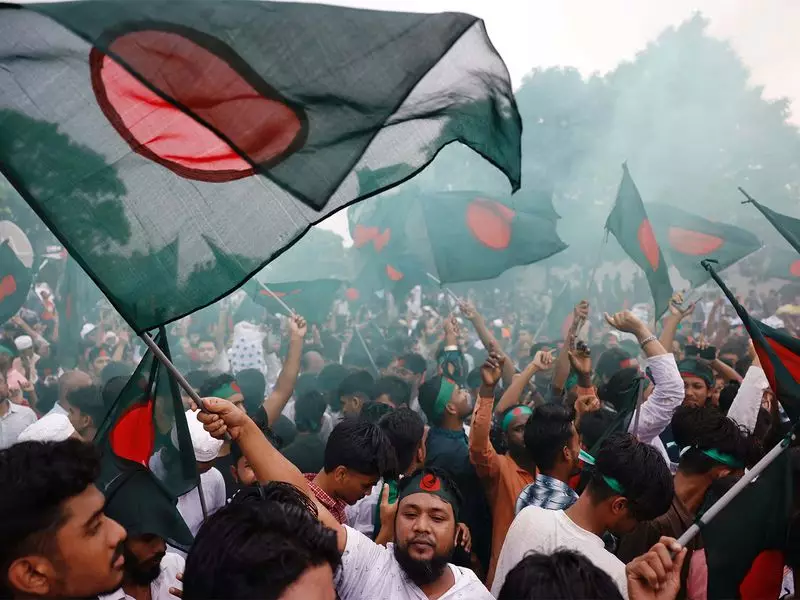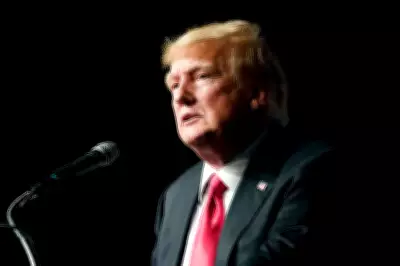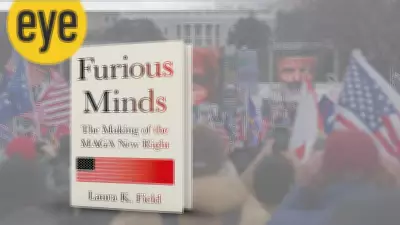
Bangladesh has formally taken cognizance of India's strong diplomatic position regarding the potential visit of controversial Islamic preacher Zakir Naik, marking a significant development in cross-border relations between the neighboring nations.
The Bangladesh Ministry of Foreign Affairs confirmed they are carefully examining India's concerns about Naik, who faces serious charges in India and remains a fugitive from Indian law enforcement agencies. This acknowledgment comes amid growing diplomatic sensitivity surrounding the controversial figure.
India's Firm Stance on Extraditing Naik
New Delhi has consistently maintained that Zakir Naik should face justice in India for multiple charges leveled against him. Indian authorities have been actively pursuing his extradition through proper diplomatic and legal channels, emphasizing that his return is crucial for delivering justice.
The Indian government's position has been clear and unambiguous: Naik must answer for the allegations against him in Indian courts. This firm stance has now been formally communicated to Bangladeshi authorities through appropriate diplomatic protocols.
Bangladesh's Delicate Diplomatic Balancing Act
Dhaka finds itself navigating complex diplomatic waters as it responds to India's concerns while maintaining its sovereign decision-making processes. The Bangladesh government is currently assessing both the legal aspects and potential implications of any decision regarding Naik's possible entry into Bangladeshi territory.
Official sources indicate that Bangladesh is treating the matter with appropriate seriousness, recognizing the sensitivity of the issue for bilateral relations between the two South Asian neighbors.
Background of the Controversial Preacher
Zakir Naik, an Islamic evangelist known for his controversial speeches, has been residing abroad since Indian authorities initiated legal proceedings against him. His teachings and statements have frequently drawn criticism from various quarters, leading to legal challenges and international scrutiny.
The preacher's potential movement across international borders has consistently attracted attention from law enforcement agencies and diplomatic circles, given the ongoing legal cases pending against him in India.
As both nations continue their diplomatic engagement on this sensitive matter, the development underscores the complex nature of cross-border legal cooperation and the challenges of managing bilateral relations when controversial figures become central to diplomatic discourse.





